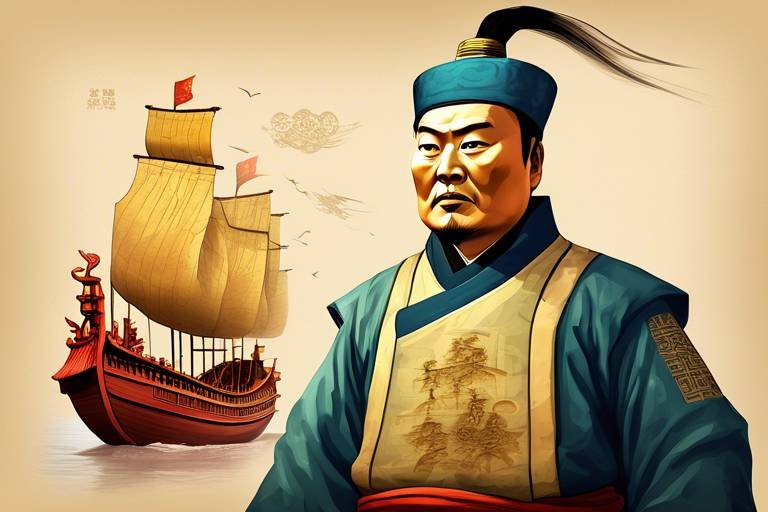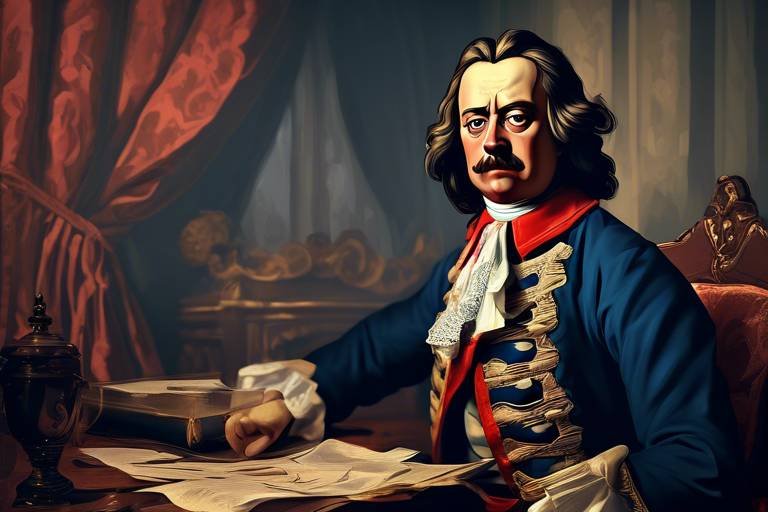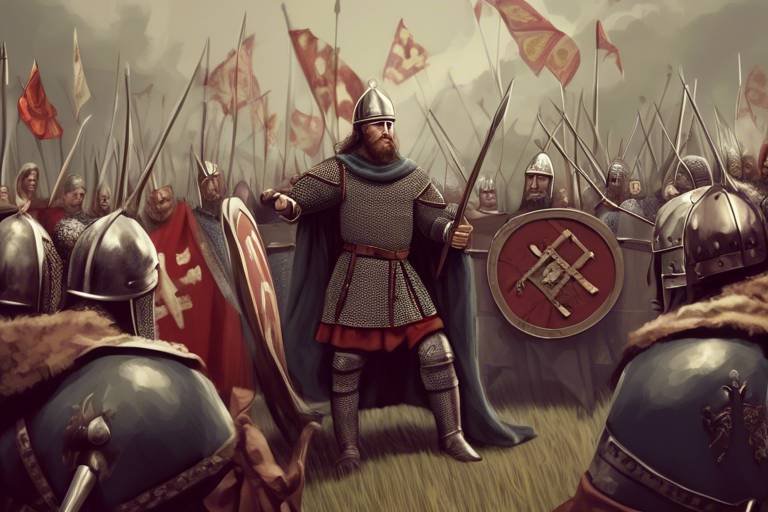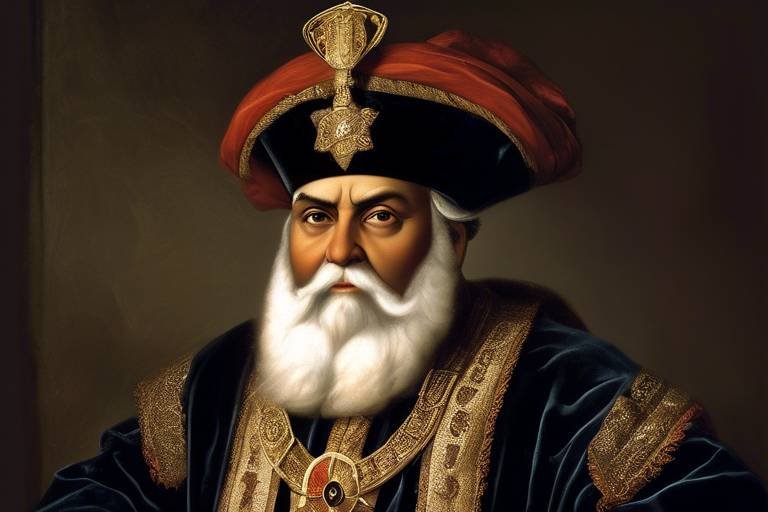Augustus Caesar: The First Roman Emperor
Augustus Caesar, also known as Gaius Octavius, rose to prominence as the first Roman Emperor, marking a pivotal shift in the history of ancient Rome. His reign, characterized by astute political maneuvers and military conquests, laid the foundation for the Roman Empire as we know it today. Augustus Caesar's legacy is deeply intertwined with the transformation of Rome from a republic to an imperial power, shaping the course of Western civilization.

Early Life and Rise to Power
Augustus Caesar, originally known as Gaius Octavius Thurinus, was born on September 23, 63 BC, in Rome. His early life was marked by tragedy as his father died when he was just four years old. However, his fortunes changed when his great-uncle, Julius Caesar, took him under his wing. Through a series of political maneuvers and strategic alliances, Augustus Caesar rose to power following the assassination of Julius Caesar in 44 BC.
One of the key turning points in Augustus Caesar's rise to power was the Battle of Actium in 31 BC, where he emerged victorious against his rival Mark Antony and Cleopatra of Egypt. This decisive military victory solidified his position as the sole ruler of Rome, leading to the end of the Roman Republic and the beginning of the Roman Empire under his leadership.
Augustus Caesar skillfully navigated the complex political landscape of Rome, consolidating his power through a combination of military might and astute diplomacy. By forging alliances with key figures in the Roman Senate and implementing strategic reforms, he established himself as the undisputed ruler of the Roman world.

Reforms and Governance
During his reign, Augustus Caesar implemented a series of significant reforms that reshaped the political and social structure of the Roman Empire. One of his most notable achievements was the establishment of the Principate, a new form of government that consolidated power in the hands of the emperor while maintaining the facade of the Roman Republic. This system allowed Augustus to wield immense authority without appearing as a tyrant, ensuring stability and continuity in governance.
Furthermore, Augustus Caesar initiated crucial reforms in the military, restructuring the legions and creating a professional standing army loyal to the emperor. This military reorganization not only strengthened Rome's defense capabilities but also solidified Augustus' control over the military forces, preventing internal strife and uprisings.
In addition to military reforms, Augustus focused on implementing social policies aimed at fostering stability and prosperity within the empire. He introduced laws to promote family values, encourage marriage and childbirth, and regulate moral conduct in Roman society. These policies were instrumental in reinforcing traditional Roman values and societal norms.
Economically, Augustus Caesar embarked on ambitious initiatives to stimulate growth and development across the empire. He invested in infrastructure projects, such as roads, bridges, and aqueducts, to facilitate trade and communication. Augustus also implemented financial reforms to stabilize the economy, including the introduction of a new currency system and measures to combat corruption and inflation.
Moreover, Augustus Caesar's governance extended beyond political and economic realms to encompass cultural and intellectual spheres. He patronized the arts, literature, and architecture, promoting a flourishing cultural environment in Rome. Augustus commissioned grand architectural projects, such as the Ara Pacis, a monument celebrating peace and prosperity, and the Mausoleum of Augustus, a monumental tomb for himself and his family.
Overall, Augustus Caesar's reforms and governance policies laid the foundation for the Pax Romana, a period of relative peace and stability that endured for centuries. His visionary leadership and strategic initiatives not only transformed the Roman Empire but also left a lasting legacy that influenced subsequent generations of rulers and shaped the course of Western civilization.
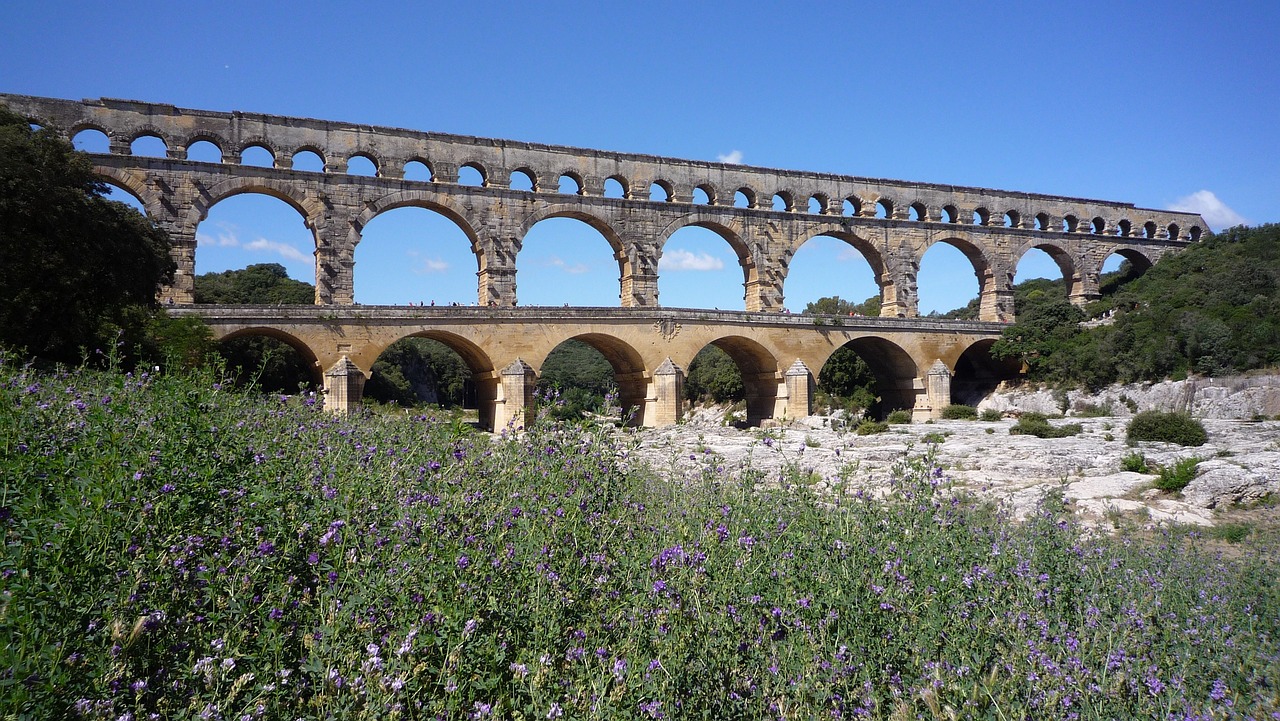
Building the Empire
During his reign, Augustus Caesar played a pivotal role in expanding the Roman Empire, solidifying its borders, and establishing a strong foundation for future growth and dominance. His strategic military campaigns and diplomatic maneuvers enabled the empire to extend its reach across vast territories, bringing diverse cultures and peoples under Roman rule.
One of the key conquests under Augustus Caesar's leadership was the annexation of Egypt, a significant addition to the empire that provided access to valuable resources and trade routes. The incorporation of Hispania (modern-day Spain) and Gaul (present-day France) further strengthened Roman control over Western Europe, enhancing economic prosperity and territorial influence.
Augustus Caesar's vision for empire-building went beyond mere territorial expansion; he aimed to create a unified and stable realm that would endure for centuries. By consolidating power in the Mediterranean region and implementing effective governance structures, he laid the groundwork for the long-term sustainability of the Roman Empire.
The military victories achieved under Augustus Caesar's command not only expanded the empire's borders but also secured its frontiers against external threats. His strategic planning and leadership in battles such as the Battle of Actium demonstrated his military prowess and ability to overcome formidable opponents.
Furthermore, Augustus Caesar's diplomatic skills were instrumental in forging alliances and maintaining peace within the empire, preventing internal conflicts that could have jeopardized its stability. By balancing military strength with political acumen, he established a legacy of successful empire-building that shaped the course of Roman history.
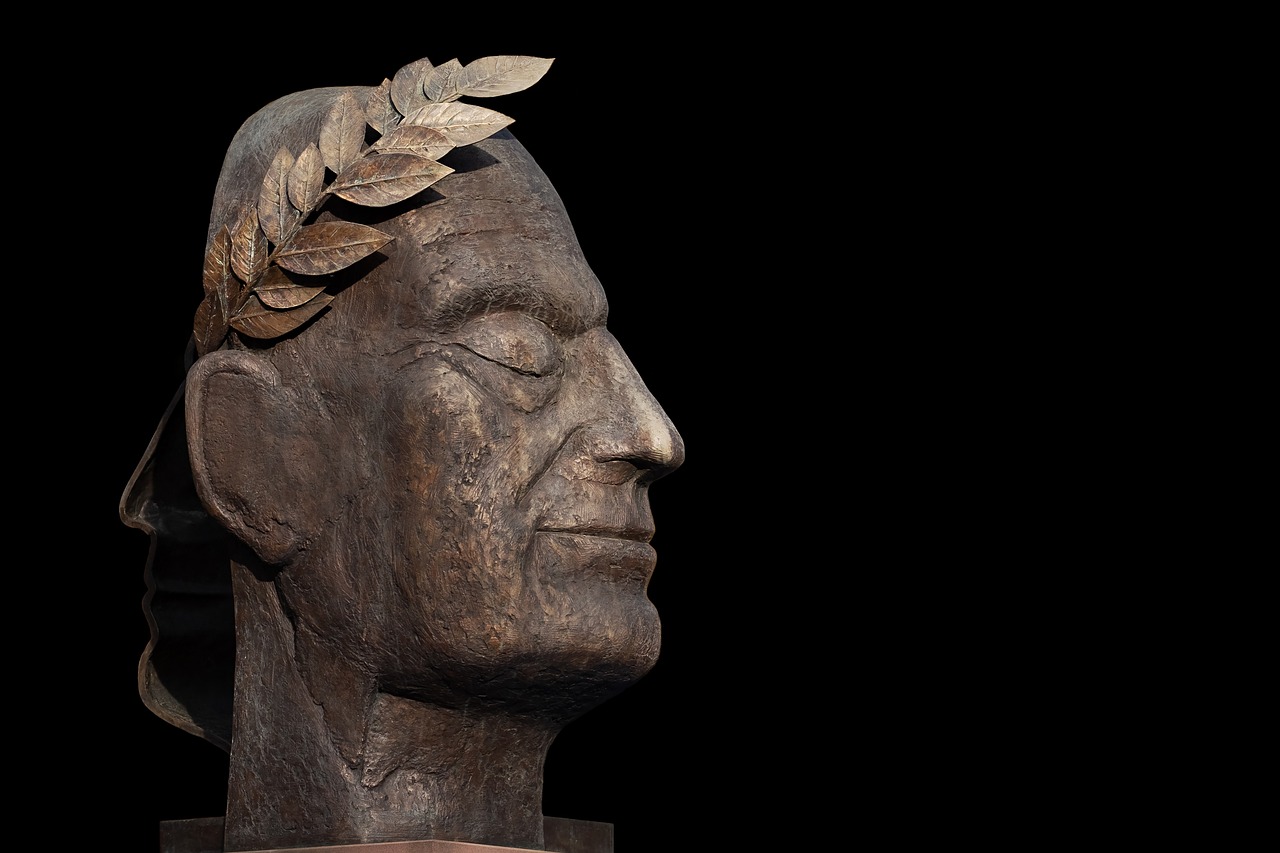
Cultural and Architectural Achievements
Augustus Caesar's reign marked a golden age of cultural and architectural achievements in Rome. His patronage of the arts and literature transformed the city into a hub of creativity and innovation. One of his most notable architectural projects was the Ara Pacis, a magnificent altar dedicated to peace and prosperity, showcasing intricate carvings and symbolic reliefs that celebrated the Pax Romana established under his rule.
Furthermore, Augustus commissioned the construction of the Mausoleum of Augustus, a grand tomb where he and his family were laid to rest. This monumental structure not only served as a symbol of his power and legacy but also as a testament to Roman engineering prowess. The mausoleum stood as a reminder of Augustus's vision for eternal Rome, a city built to withstand the test of time.
In addition to these grand architectural projects, Augustus supported a flourishing cultural scene in Rome. He encouraged the growth of literature, sponsoring renowned poets like Virgil, Horace, and Ovid, whose works immortalized the spirit of the Augustan Age. The emperor's patronage extended to the promotion of Roman art, with sculptors and painters creating masterpieces that reflected the ideals of beauty and harmony championed by Augustus.
Augustus Caesar's cultural and architectural achievements not only embellished the city of Rome but also shaped the artistic landscape for generations to come. His legacy as a patron of the arts and architecture continues to inspire admiration and awe, underscoring his enduring impact on Roman culture and civilization.

Family and Succession
Augustus Caesar's family life played a significant role in his reign as the first Roman Emperor. Born Gaius Octavius Thurinus, he was adopted by his great-uncle Julius Caesar and took the name Gaius Julius Caesar Octavianus. This alliance with Julius Caesar not only shaped his political career but also paved the way for his eventual rise to power. Augustus Caesar's family connections provided him with the necessary support and legitimacy to ascend as the ruler of Rome.
Marriage was a crucial aspect of Augustus Caesar's family and succession planning. He married three times, first to Clodia Pulchra, then Scribonia, and finally to Livia Drusilla. His marriage to Livia was particularly significant as she became a prominent figure in Roman politics and played a vital role in securing the succession of her son Tiberius as the next emperor. The relationships within Augustus Caesar's family were not only personal but also deeply intertwined with the political dynamics of the Empire.
When it came to heirs and succession, Augustus Caesar faced challenges in establishing a clear line of succession. His only biological child, Julia, faced scandals and was eventually exiled, leaving Tiberius, the son of Livia from her previous marriage, as the primary heir. Augustus Caesar's decision to adopt Tiberius as his heir was a strategic move to ensure continuity and stability in the Empire after his reign. The complexities of family dynamics and succession planning were integral to the long-term stability of the Roman Empire.

Legacy and Impact
Augustus Caesar's legacy and impact on Roman history are undeniable, shaping the course of the Empire for centuries to come. His reign marked a pivotal shift from the tumultuous days of the Roman Republic to a more stable and centralized form of governance under the Principate. The reforms and policies he implemented laid the foundation for the Roman Empire's prosperity and longevity, setting a precedent for future rulers to follow.
One of Augustus Caesar's most significant contributions was his adept management of political power, establishing a system that balanced authority between the Senate and himself. This delicate equilibrium ensured a smoother transition of power and a more cohesive government structure, fostering stability and continuity within the Empire. His ability to navigate complex political landscapes with finesse and strategic foresight left a lasting impression on Roman politics.
Furthermore, Augustus Caesar's cultural and architectural patronage left an indelible mark on the artistic landscape of Rome. His support for literature, arts, and architecture led to a flourishing of creativity and innovation, with iconic monuments like the Ara Pacis symbolizing the grandeur and sophistication of the Augustan Age. The legacy of his cultural initiatives continues to resonate in the artistic heritage of Rome to this day.
In terms of military conquests and territorial expansion, Augustus Caesar's campaigns in Egypt, Hispania, and Gaul solidified Rome's dominance in the Mediterranean region. His strategic military acumen and diplomatic prowess enabled the Empire to extend its borders and exert influence over vast territories, ushering in an era of unprecedented Roman imperial power.
Moreover, Augustus Caesar's legacy transcends his lifetime, influencing subsequent emperors and shaping the trajectory of Roman history. His establishment of a stable line of succession, albeit with its challenges, set a precedent for dynastic rule that defined the imperial system for generations to come. The enduring impact of his reign reverberates through the annals of Roman history, underscoring his pivotal role in the transition from Republic to Empire.
Overall, Augustus Caesar's legacy and impact on Roman society, politics, and culture endure as a testament to his visionary leadership and enduring influence. His legacy as the first Roman Emperor continues to captivate historians and scholars, offering valuable insights into the evolution of one of the greatest empires in ancient history.
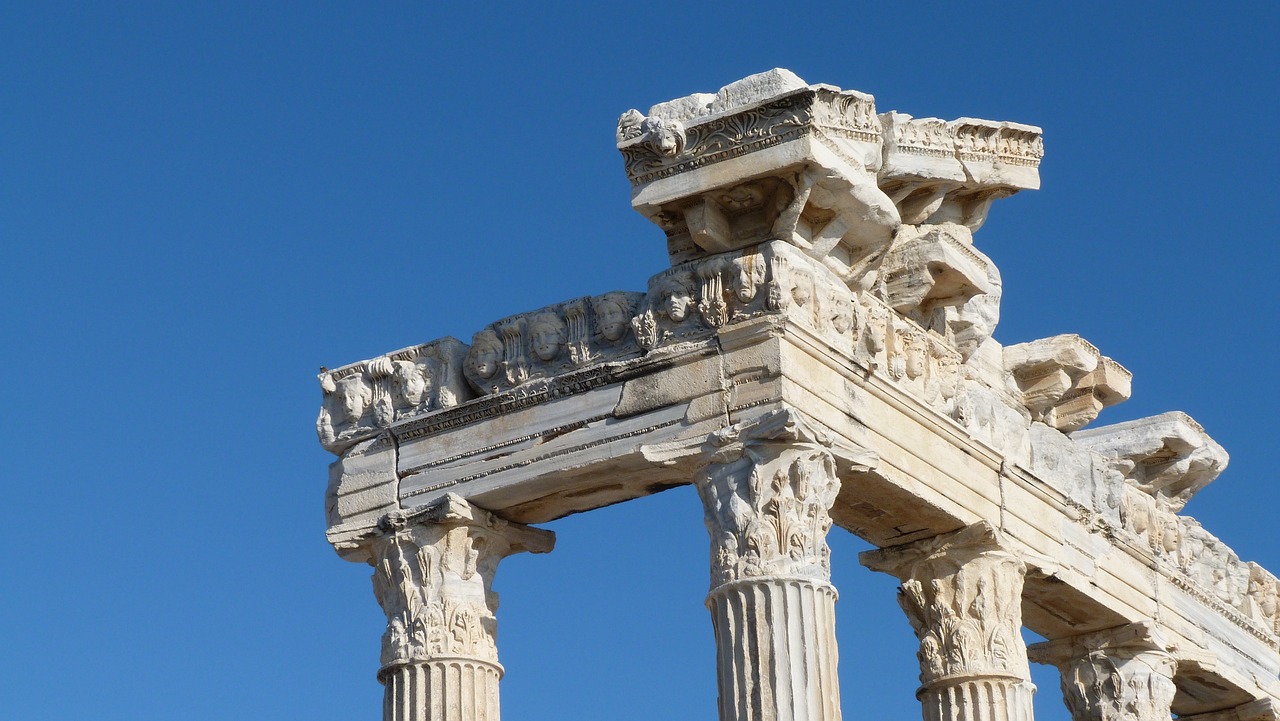
Death and Deification
After a long and impactful reign, the life of Augustus Caesar came to an end, marking a significant moment in Roman history. His death in 14 AD not only marked the passing of a powerful leader but also initiated a process of deification that would elevate him to the status of a god in the eyes of the Roman people.
Following his death, the Senate quickly moved to honor Augustus with divine status, a practice that had been reserved for only a select few individuals in Roman history. The deification of Augustus was not merely a symbolic gesture but a reflection of the reverence and admiration he had garnered during his rule as the first Roman Emperor.
The cult of the Divine Augustus emerged in the aftermath of his deification, with temples and ceremonies dedicated to worshiping him as a god. This cult played a significant role in Roman religious practices, solidifying Augustus's place in the pantheon of Roman deities and ensuring his eternal presence in the spiritual life of the Empire.
Augustus's deification also had political implications, as it served to legitimize his rule and reinforce the idea of imperial power as divinely ordained. By elevating Augustus to the status of a god, his successors could claim a similar divine right to rule, further solidifying the foundations of the Roman Empire.
Historically, the deification of Augustus marked a turning point in Roman religious beliefs and the relationship between the ruler and the divine. It blurred the lines between mortal and immortal, human and god, shaping the religious landscape of the Empire for centuries to come.
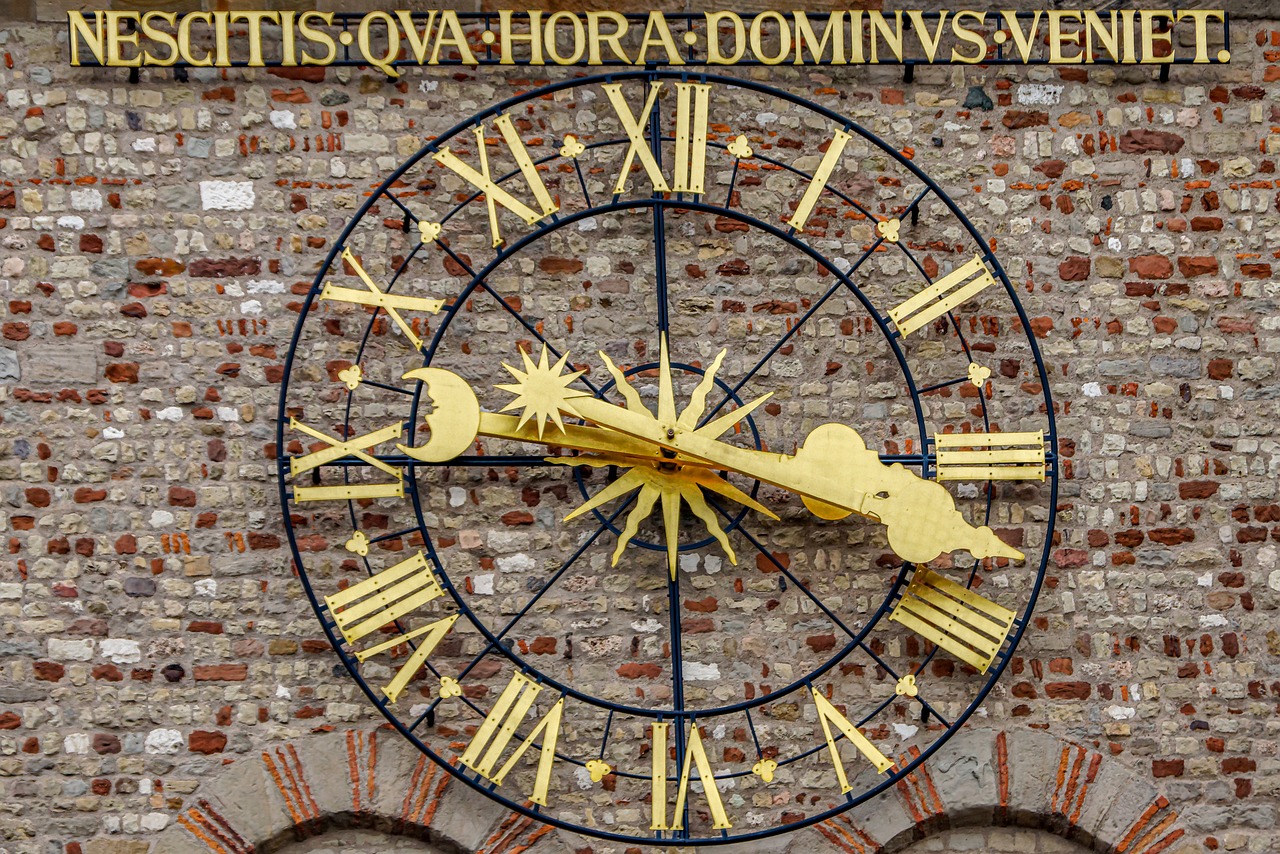
Historiographical Perspectives
When delving into the historiographical perspectives surrounding Augustus Caesar, one encounters a rich tapestry of interpretations that have evolved over centuries. From the contemporary accounts of his own Res Gestae Divi Augusti to the modern analyses by scholars, the image of Augustus has undergone various transformations, reflecting the biases and agendas of different historical periods.
During Augustus's reign, the Res Gestae Divi Augusti served as a propagandistic tool to solidify his legacy and emphasize his achievements. This autobiographical inscription detailed his accomplishments and policies, portraying him in a favorable light as the savior of Rome and the restorer of peace and prosperity.
However, as time passed, historians like Tacitus and Suetonius offered more critical perspectives on Augustus's reign, highlighting aspects of his rule that were oppressive or manipulative. Tacitus, in particular, depicted Augustus as a cunning tyrant who masked his autocratic tendencies behind a facade of republican values.
Modern scholars have continued to reassess Augustus's legacy, drawing on a range of sources beyond the traditional Roman accounts. By analyzing archaeological findings, numismatic evidence, and comparative studies with other ancient civilizations, contemporary historians aim to present a more nuanced and comprehensive understanding of Augustus's impact on Roman history.
Frequently Asked Questions
- Who was Augustus Caesar?
Augustus Caesar, originally known as Gaius Octavius Thurinus, was the first Roman Emperor and the founder of the Roman Empire. He rose to power after the assassination of his great-uncle, Julius Caesar, and played a crucial role in the transition of Rome from a Republic to an Empire.
- What were some of Augustus Caesar's major achievements?
Augustus Caesar implemented significant reforms in governance, military, and social policies during his reign. He expanded the Roman Empire, patronized arts and architecture, and established the Principate, laying the foundation for the imperial system that lasted for centuries.
- How did Augustus Caesar's legacy impact Roman history?
Augustus Caesar's legacy had a profound influence on Roman politics, society, and culture. His rule marked the beginning of a period of relative peace and stability known as the Pax Romana, and his administrative reforms shaped the structure of the Empire for generations to come.







